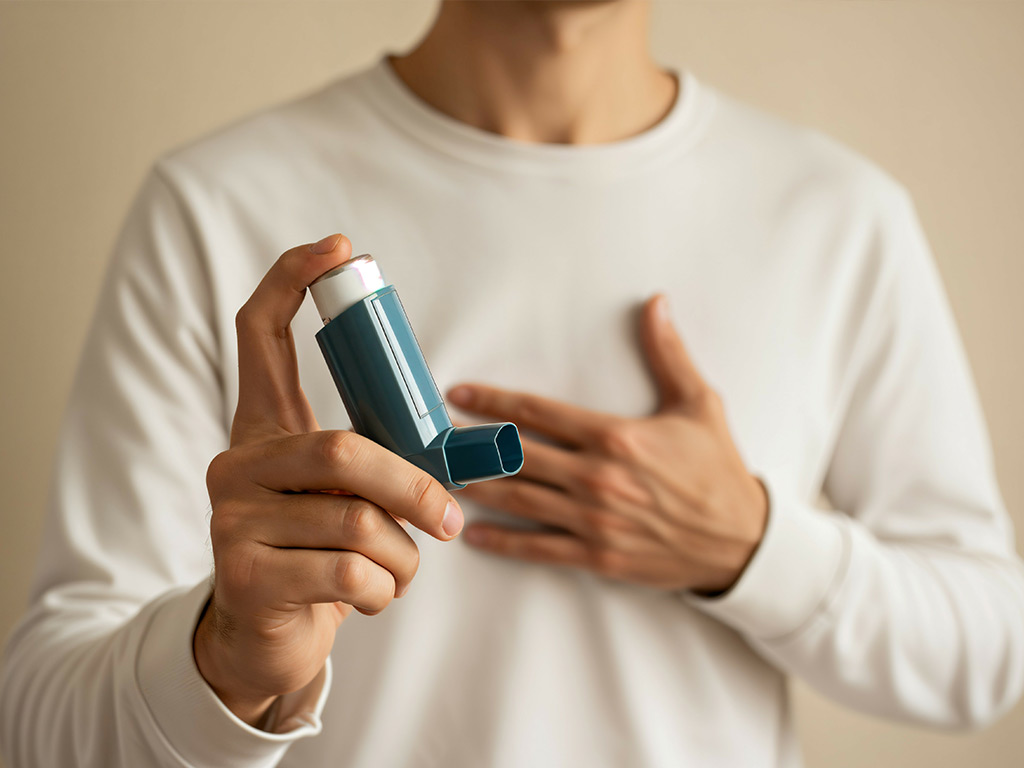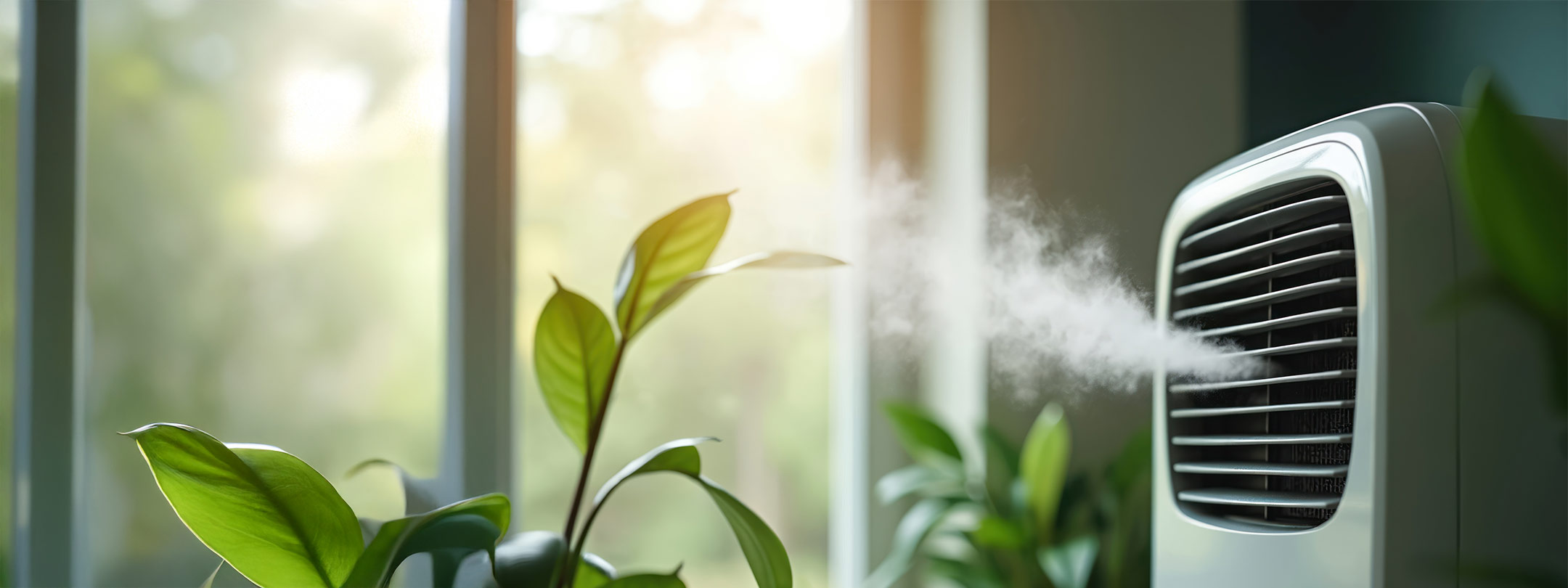Allergens are known triggers for asthma attacks, that’s why it pays off to be proactive in keeping your home as allergen-free as possible.
The following list of allergens and their treatment methods is good general advice, but remember: every person is different, so if you want to know which allergens might be specific triggers for you, talk with your provider, and see if allergy testing might be right for you.
- Animal Dander – One of the most commonly found allergens in the home is dander from our pets. Both cats and dogs can release dander from their fur, and this can exacerbate asthma, particularly in those who have a known allergy. If you are sensitive, and have a pet, try keeping it out of doors as much as possible, or try limiting it to a few rooms in the house, so that you have places you can go where you won’t be exposed to the allergen – particularly at night when you’re sleeping.
- Dust Mites – Another common trigger for those with allergies are microscopic dust mites. The best way to manage them is to ensure that you’re using a vacuum in your home with a HEPA filter, and to keep the ambient humidity below 60%.
- Cockroaches, Rodents, and other pests – These animals can produce droppings which can be a source of allergies in sensitive people. Regardless, these pests spread disease, and you don’t want to be sharing your home with them. Try keeping all garbage and food waste in closed containers and use an integrated pest management plan to eliminate these animals as soon as possible.
- Mold – Some people have a strong allergy to mold. The best way to avoid it is to keep the humidity in your house down, and to clean all damp surfaces thoroughly. If you already have a mold problem, consider having it professionally cleaned. Whenever you’re doing the cleaning, wear gloves, a mask, and make sure the area is well-ventilated.
- Pollen and Outdoor Mold – If you’re sensitive to pollen and outdoor mold, keep your windows shut. Also, consider having sets of clothes for the outdoors and the indoors, and when you come inside, take a shower and change clothes. If your sensitivity is particularly strong, talk to your provider about medications you might need prior to the start of pollen season.
- Tobacco smoke – Tobacco smoke is hazardous to your health. If you are a smoker and need help quitting, talk to your provider, or visit smokefree.gov. They can help you quit. If you’re not a smoker, do your best to avoid tobacco smoke. Don’t let anyone smoke in your home or car. If you have family members who smoke, try to get them to quit – it’ll improve their health too.
- Smoke, Strong Odors, Sprays, Fumes – Oftentimes asthma sufferers can be sensitive to strong odors, wood smoke, or certain sprays. The best choice if you fall into this category is to avoid them completely. Don’t burn anything in your home, and make sure to use unscented products to help avoid the strong odors that trigger your asthma.
- Vacuuming – If possible, have someone else vacuum your home for you twice a week, while you stay out of the room. If you must vacuum yourself, use a vacuum with HEPA filtration to reduce the risk of stirring up irritants.
Looking for a provider that can help manage your asthma? Visit selecthealth.org/find-care. Select Health members call also our Member Advocates team at 800-515-2220 (TTY: 711).
The content included in these blogs is for your information and is not a substitute for professional medical advice. It should not be used to diagnose or treat a health problem or disease. Please consult your doctor if you have any questions or concerns.
Related Articles



